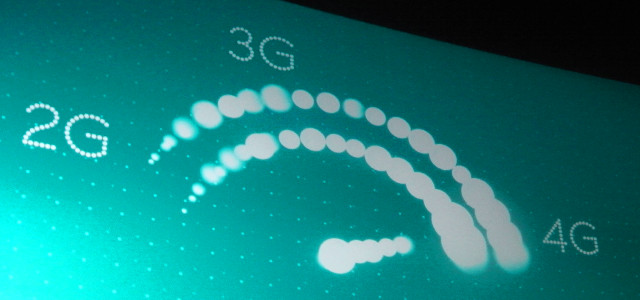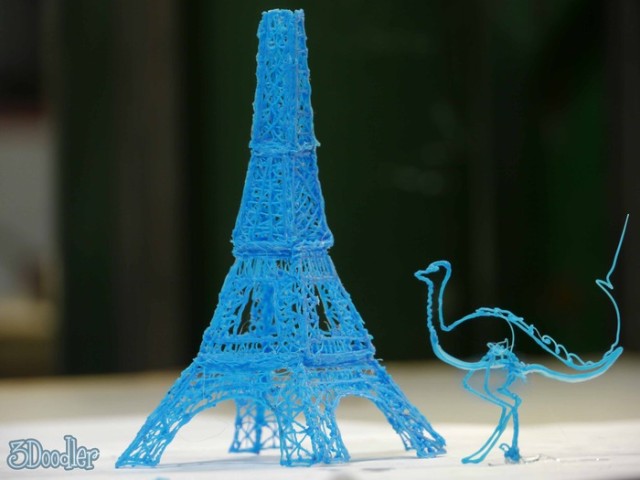The United Kingdom's first 4G mobile services finally launched in October of last year from EE, the joint venture company behind Orange and T-Mobile in the UK. EE had been given special dispensation by the UK's telecommunications regulator, Ofcom, to convert some of its existing unused 3G spectrum in the 1800MHz band for 4G usage, enabling it to launch next-generation mobile services before its rivals had even been given the chance to acquire 4G licences.
Following complaints by other network operators, Ofcom agreed to accelerate the process of allocating spectrum, and in December it confirmed that a major step in that process - an auction in which interested parties would competitively bid for spectrum - would soon commence. That auction process began last month, and today, Ofcom announced the winners that had successfully bid in the auction.

Following over fifty rounds of bidding, five companies emerged as winners, having competed to acquire chunks of a total of 250MHz of spectrum in the 800MHz and 2600MHz bands:
- Everything Everywhere Limited (including EE 4G, T-Mobile UK and Orange UK): 2 x 5MHz of 800MHz / 2 x 35MHz of 2600MHz -- £588.88m
- Hutchison 3G UK Limited (which operates the Three network): 2 x 5MHz of 800MHz -- £225m
- Telefónica UK Limited (including O2 and giffgaff): 2 x 10MHz of 800MHz -- £550m
- Niche Spectrum Ventures (a subsidary of BT Group plc): 2 x 15MHz of 2600MHz / 1 x 20MHz of 2600MHz (unpaired) -- £186.48m
- Vodafone Limited: 2 x 10MHz of 800MHz / 2 x 20MHz of 2600MHz / 1 x 25MHz of 2600MHz (unpaired) -- £790.76m
Telefónica's purchase of 800MHz spectrum comes with special obligations; the carrier must "provide a mobile broadband service for indoor reception to at least 98% of the UK population (expected to cover at least 99% when outdoors) and at least 95% of the population of each of the UK nations - England, Northern Ireland, Scotland and Wales - by the end of 2017 at the latest".
The auction raised a total of £2.34bn, significantly less than the auction for 3G spectrum in 2000, which raised around £22bn. The amount raised from the 4G spectrum auction is also a good deal less than had been expected; the UK Government's own figures had anticipated that closer to £3.5bn would be raised.
With the completion of the main spectrum auction, the successful bidders now have until the end of the day tomorrow to pay their respective bills. The final stage in the auction process will determine precisely where each winner's spectrum will be allocated in the 800MHz and 2600MHz bands. Once this "assignment stage" is complete, Ofcom will formally grant licences to operate in those bands, and carriers will be free to begin establishing their 4G networks, with services expected to launch as soon as late spring of this year.
This will no doubt be welcomed by UK consumers, who have so far reacted somewhat indifferently to the availability of 4G services, thanks in no small part to the high prices and miserly data allowances offered by EE on its 4G tariffs. While its 3G customers are offered unlimited calls, texts and data for £41 a month (albeit with a 4Mbps downstream speed restriction), 4G customers get just 1GB of data included for the same price, while also paying more up-front for identical handsets (a SIM-only tariff is also available at this price with 8GB of data included).
The availability of competing 4G services, breaking EE's monopoly on 4G in the UK, will undoubtedly result in lower prices and better value for consumers. The Three network has already committed to offering 4G LTE services to its customers using its 'Ultrafast' (DC-HSDPA) network at no extra cost.
Source: Ofcom








_small.jpg)










17 Comments - Add comment